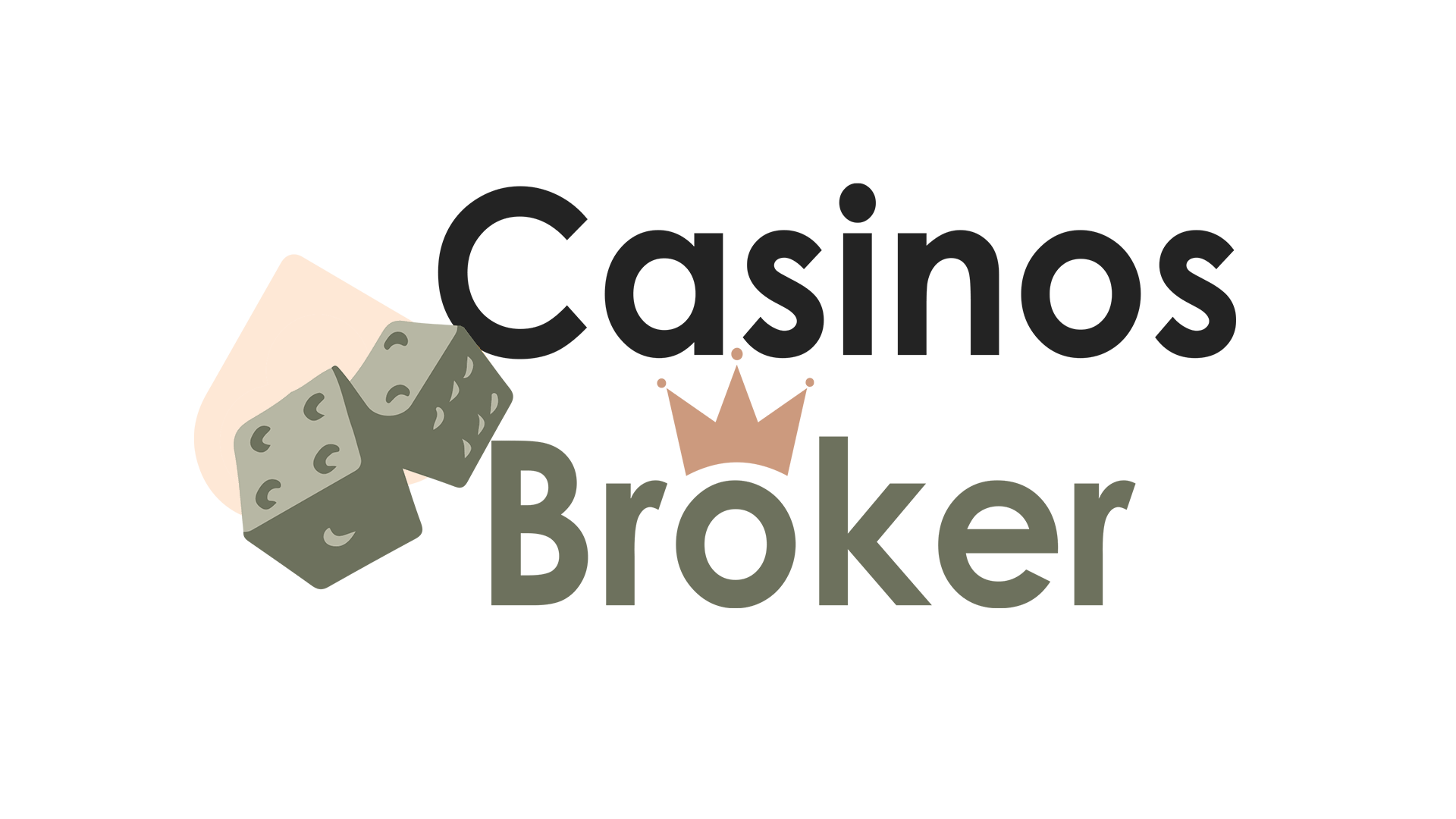The M&A Training & Transition Period
When ownership of an iGaming platform, sportsbook, or affiliate network transfers, the real test of deal value begins. A poorly planned hand-over can erode the earn-out, trigger seller-note defaults, or even force the operation offline. A structured, enforceable training and transition programme, by contrast, protects both sides and keeps regulators, payment processors, and players confident. The reflections below draw on a decade of advising gaming operators and suppliers on post-closing integration—and on the wider body of transition-services research.
Why the Training Period Matters in Gaming Deals
In regulated gaming, continuity failures are magnified: a single day of licence non-compliance or dropped payment gateway can equal millions in GGR forfeited and brand-damage that reverberates across jurisdictions. The training window therefore acts as an insurance policy. It transfers both “tribal knowledge”—configuration of RNGs, fraud-rule thresholds, affiliate-tier logic—and the softer intangibles such as VIP host scripts and regulator relationship history. Where seller financing or contingent consideration is in play, the buyer’s operational success is literally the seller’s balance-sheet.
Pre-Closing Alignment
Before funds flow, buyer and seller should meet (remotely if cross-border) to codify who runs the console from Day 1 and how long the seller will remain on call. Misalignment here spawns the classic horror story: the buyer keeps their CTO job, assuming the vendor will “babysit” the platform, only to discover the seller is already on a beach. An agenda that clarifies operational command, training scope, and post-training availability preserves goodwill and prevents missed KPIs.
A Working Template
| Transition Module | Primary Owner | Typical Duration | iGaming Nuance |
|---|---|---|---|
| Player-Account Management (KYC, AML flag review) | Seller’s Compliance Lead → Buyer’s MLRO | 10-15 business days | Must satisfy multi-licence frameworks (MGA, UKGC) |
| Payment & Wallet Systems | Seller’s CTO | 2 weeks | Processor introductions; risk of rolling reserves |
| Game-Content Deployment & RNG settings | Seller’s Head of Ops | 1 week | Certification hand-over to test labs |
| Marketing CRM & Affiliate Portal | Seller’s CMO | 3 weeks | Migration of tracking codes; affiliate-tier guarantee letters |
| Regulator & Supplier Relationships | Seller’s CEO | 4-6 weeks, tapering | Face-to-face or virtual introductions to licence officers and top studios |
Table 1 – Core elements of a post-closing training plan for an online-gaming business.
Drafting the Written Plan
During diligence the seller should begin a living document that lists every dashboard, vendor contract, and regulatory filing calendar. The buyer then refines it into a signed Training Schedule attached to the Definitive Purchase Agreement (DPA). That schedule should:
specify the number of on-site versus remote days;
record milestones that release staged payments or hold-backs;
reserve a block of consulting hours for ad-hoc questions, billable at an agreed rate once the included training ends.
The document provides evidence that training was delivered, short-circuiting later claims of “insufficient hand-over” that could stall a seller-note repayment.
How Long Is Long Enough?
For a plug-and-play white-label casino, two to four weeks often works. A multi-market sportsbook with proprietary odds-feed logic and custom front-end may require six months of shadow-management, tailing off into monthly check-ins. The rule of thumb is to link duration to operational complexity and licence geography: the more jurisdictions and payment corridors, the longer the safety net.
Early Training—Worth the Risk?
Buyers occasionally request access to back-office systems before close. Ninety per-cent of the time these experiments end with cold feet, re-trades, or outright deal collapse. The seller exposes customer data, unsettled jackpots, and staff morale for little strategic upside. If pre-close training is unavoidable, mitigate the risk via (i) a non-refundable training fee, (ii) airtight NDAs, non-competes and non-solicit clauses, and (iii) separating legal close from change-of-possession to preserve leverage.
Additional Practicalities
Clear role demarcation prevents the seller being treated as free labour. Training means knowledge transfer, not shift work. Equally vital is a countersigned completion certificate; without it, defaults can masquerade as “training disputes,” igniting litigation and escrow claims.
Pros and Cons of an Extended Training Framework
Pros
- Reduces regulatory breach risk;
- Preserves platform uptime and player confidence;
- Smooths earn-out and seller-note collection;
- Accelerates synergy capture—PwC notes a 5-7 % value uplift when TSA exit is planned early.
Cons
- Costs: consulting hours and delayed full control;
- Seller fatigue—legacy owner may resist buyer-led changes;
- Potential culture clash in front of staff;
- Extended exposure of sensitive IP if buyer walks away.
Frequently Asked Questions
Q 1. What does a standard iGaming training package cost?
A: In Europe, sellers typically include 80–120 man-hours in the headline price. Additional support ranges from €150-€300 per hour, depending on seniority.
Q 2. Can training be entirely remote?
A: Yes, provided screen-sharing covers back-office systems and regulator meetings accept video calls, but first-day physical presence is still recommended to reassure key staff.
Q 3. Who pays travel and accommodation during on-site sessions?
A: Market norm allocates these costs to the buyer, who is incentivised to minimise them.
Q 4. Does the training need regulator approval?
A: Most European regulators do not rubber-stamp training plans, but they expect evidence that key function holders are competent; keep sign-off documents ready for inspection.
Q 5. What if the buyer needs help six months later?
A: The original DPA should grant a call-off right for extra assistance, pre-priced to avoid renegotiation.
Closing Thoughts
A disciplined, contract-bound training and transition period converts deal logic into operating reality. In iGaming, where uptime, compliance and payment integrity are existential, the investment in a thorough hand-over is minor compared with the cost of post-closing failure. Treat the plan as a living annex to the purchase agreement, track completion rigorously, and the odds of post-deal success shorten dramatically—for both sides of the table.


